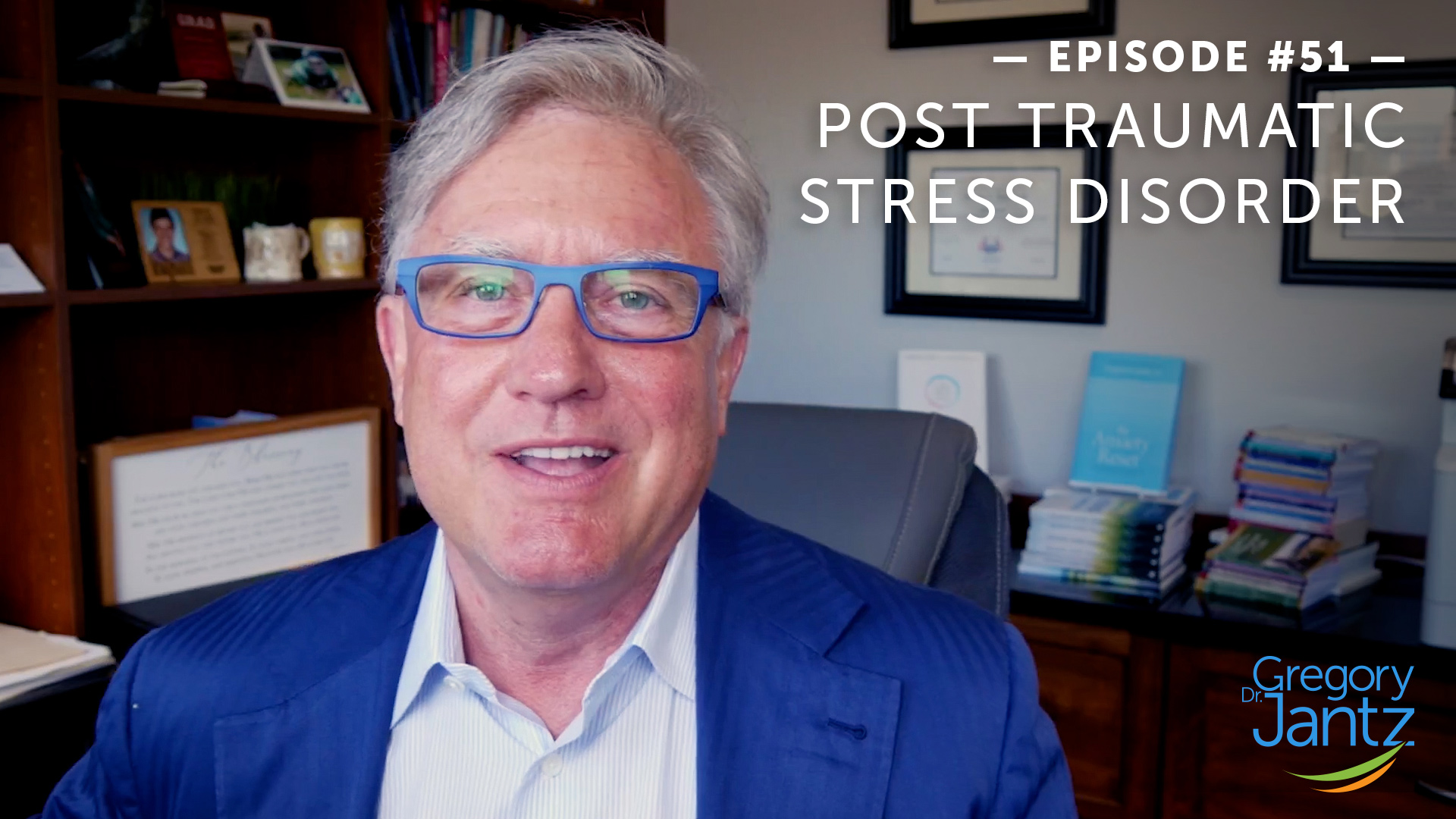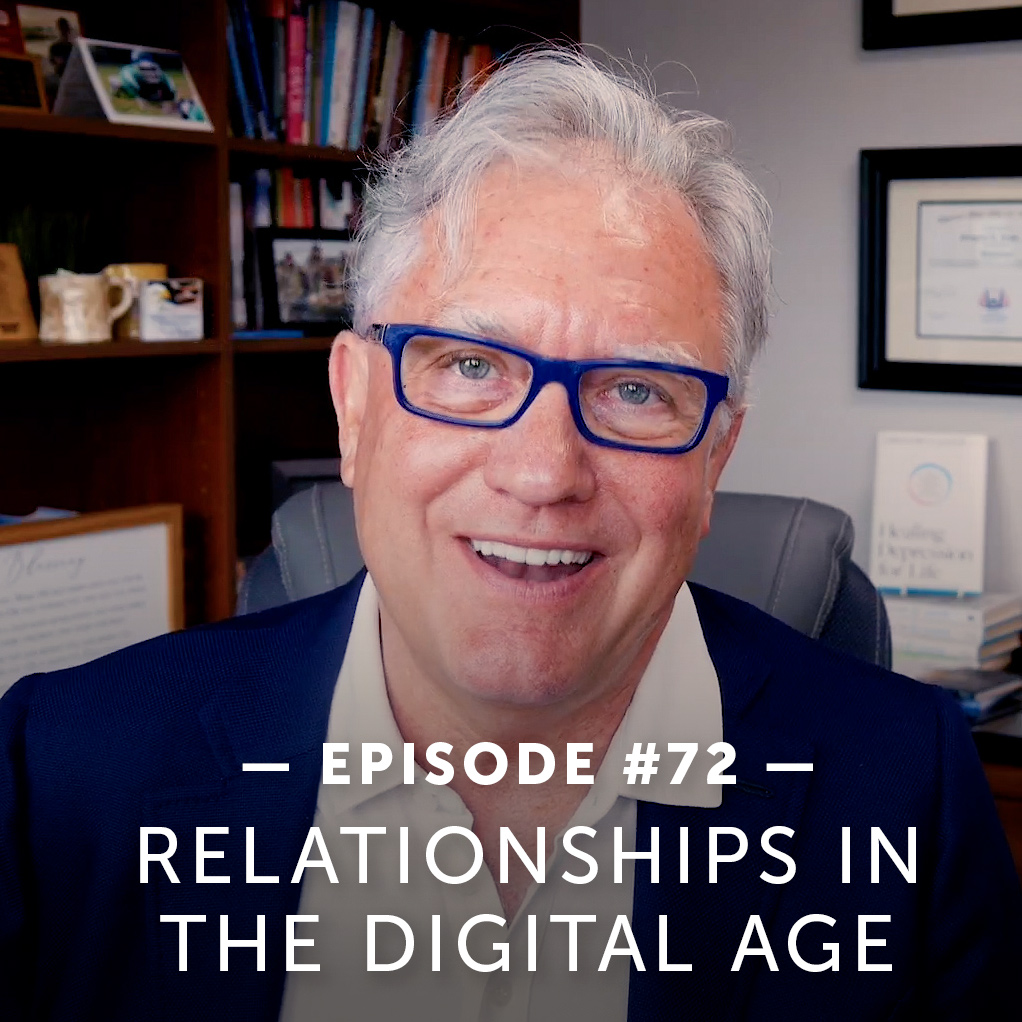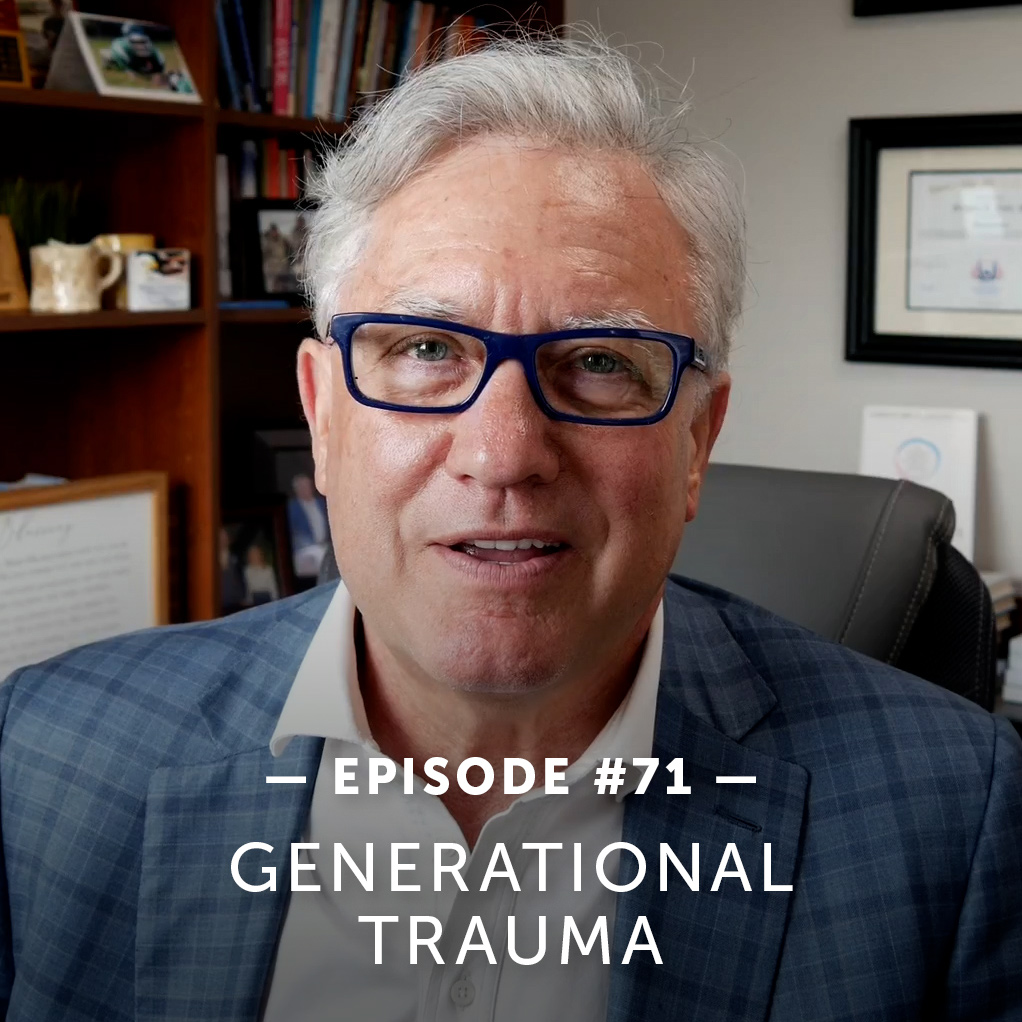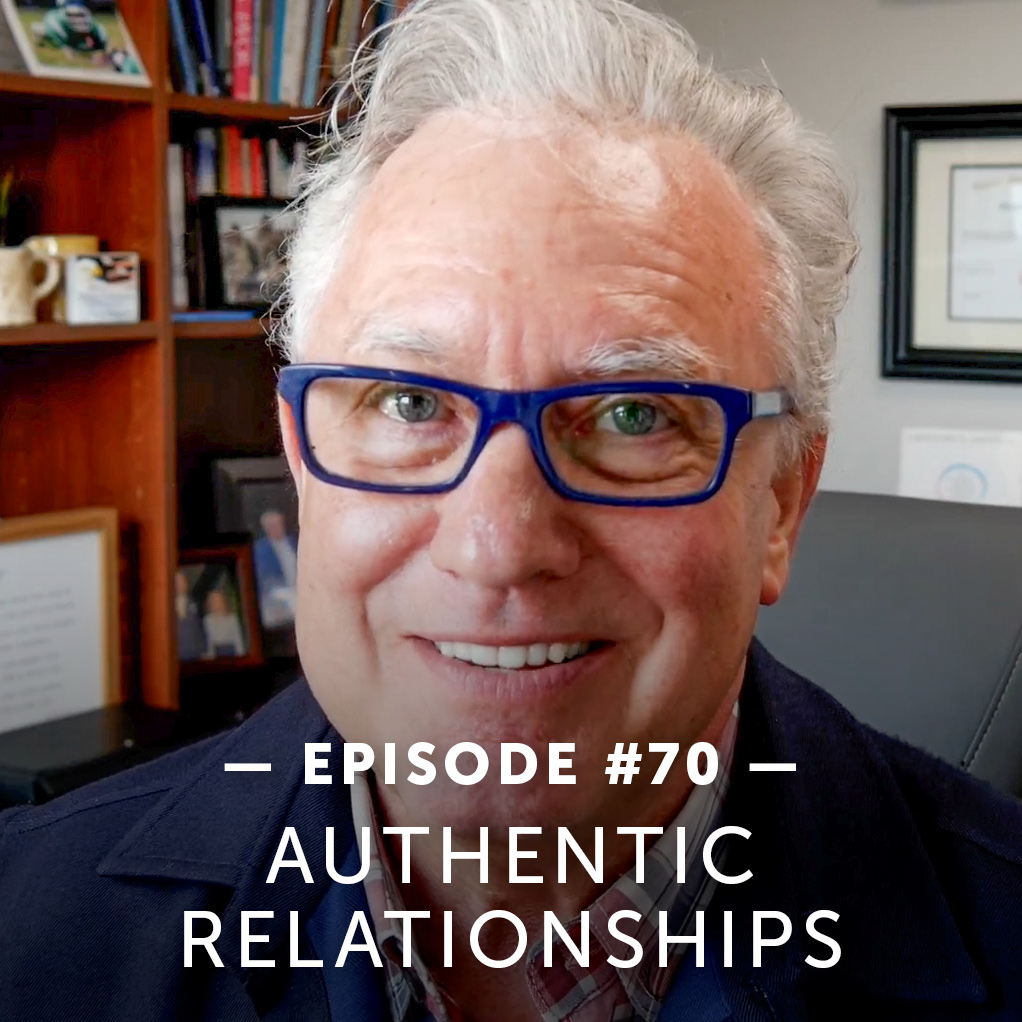Hope & Possibilities Podcast
Episode #51 Dr. Jantz Discusses Post Traumatic Stress Disorder (PTSD)
Post-Traumatic Stress Disorder (PTSD), or more commonly referred to today as “trauma,” is a significant issue that’s receiving more attention now than ever before. Traumatic events, whether experienced directly or indirectly, can lead to a variety of symptoms that interfere with daily life. These symptoms include re-experiencing the traumatic event, sleep issues, negative thoughts and feelings, and an inability to trust others.
In this podcast episode, Dr. Jantz explains how healing from trauma involves addressing not just the emotional aspects but also the physical, spiritual, and relational dimensions. There are various therapeutic approaches available, and recovery is possible with the right support and treatment.
The Center • A Place of HOPE is recognized as a top 10 mental health center in the U.S., and has treated thousands suffering with mental health challenges. If you or someone you care for is struggling with PTSD, please call The Center today and visit with a specialist about what a treatment program can look like for you.
Call 888.851-7031
www.aplaceofhope.com



